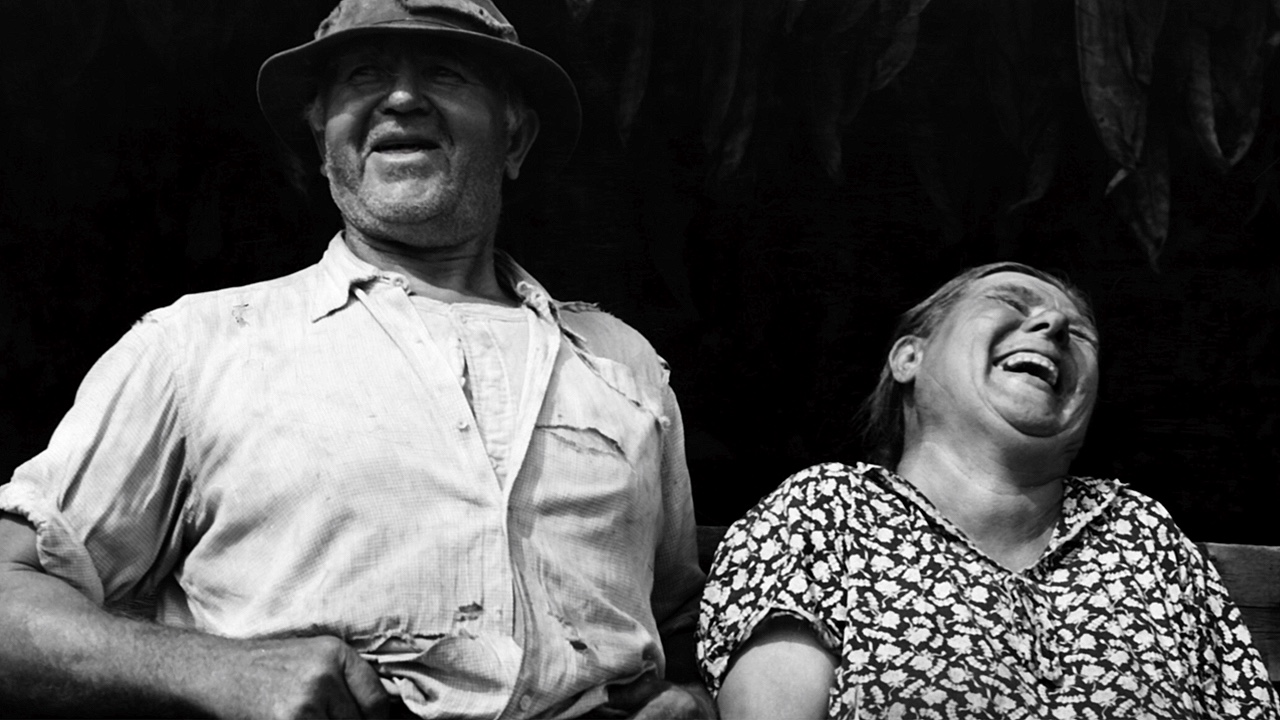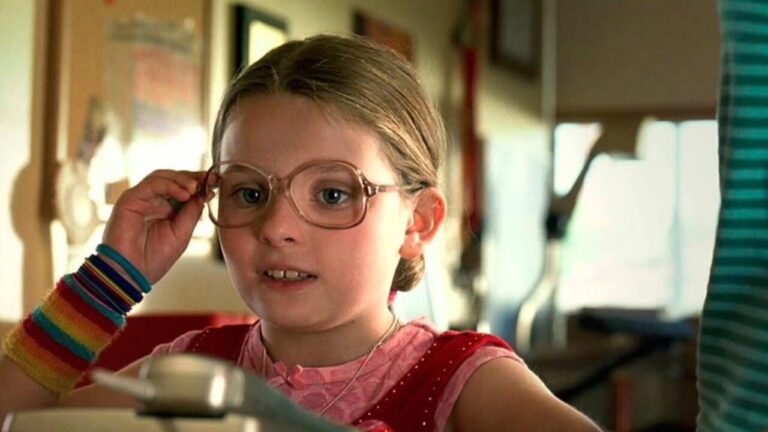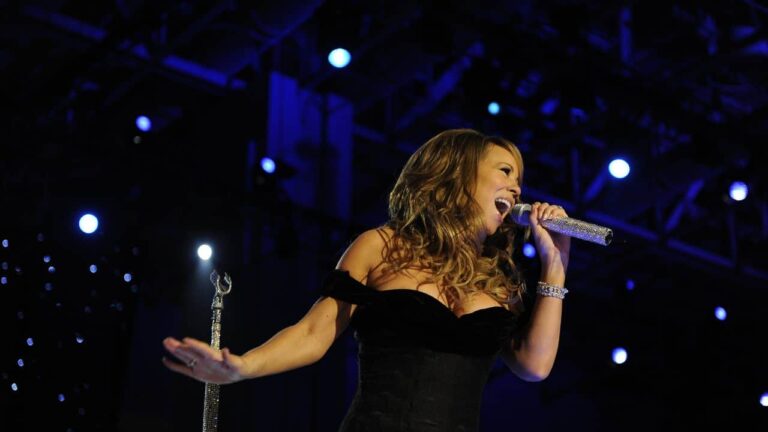15 Slang Phrases From the ’40s and ’50s That Will Make You Sound Old

Public lingo consistently shifts across the decades, with words taking on new meanings and interpretations. Even today, fresh phrases and mint words magically appear, predominantly pioneered by younger crowds looking to cook up unused jargon.
However, as new phrases enter societal use, we’re sometimes caught off-guard when someone harks back a hairy term. Some folks today are above their pay grades when they hear a particular term from the 20th century.
Even though the 1940s and 1950s are decades past, they left behind a legacy of sweet slang folks sometimes use today. Despite their heritage, these outdated terms will make anyone sound old, regardless of age.
Gobbledygook

Some phrases may appear nonsensical or gobbledygook, a term coined by San Antonio politician Maury Maverick in the 1940s. Maverick formed the word due to immense frustration with verbiage. Thus, he administered a one-page memo depicting: “Lengthy Memoranda and Gobbledygook Language.”
Though we may never hear someone utter gobbledygook today, we’d like to re-institute it into our everyday vocabulary. We have words like “gibberish” and “rubbish” for substitution, yet gobbledygook gets the point across. Whenever we start reading something that doesn’t inform us of anything, we flip our wigs and go insane.
Glitterati

While speaking of nonsense, celebrity culture is a topic consumers spoiled over in the 1940s. When referring to famous or even wealthy people, critics utilized the “glitterati” phrase. One of the earliest examples comes from columnist Dorothy Kilgallen when writing about Broadway actors.
Gliterrati has yet to fizzle out of use, regardless of its age. News reporters like Madeleine Marr served “glitterati” in an Atlanta Journal piece about Ivanka Trump. “This isn’t the first time in the least that Ivanka has hit up parties with the glitterati in La La Land.”
Baby Doll

Camera flashes, exposed glitterati, and eager beavers kept their peepers open for baby dolls in the 1940s. Compared to other descriptions of attractive women, “baby doll” seems relatively innocent. Its usage goes back even before the 1940s, yet its popularity enticed men to make some moves with a lady.
However, as societal connotations shifted, the public shelved “baby doll” along the way. Other synonyms took their place, especially during the 1940s when gentlemen said “dame” and “broad” stole attention away from “baby doll.” It’s not necessarily a cute description people can easily apply when referencing their favorite female companions.
Doll Dizzy

Boy, guys sure go crazy about baby dolls, don’t they? They are so obsessed with getting female attention that they are labeled as “doll dizzy,” indicating their romantic insanity. Etymologists assembled the term in the 1940s for the young crowds and love. In turn, boy-crazy girls received the “khaki wacky” expression, mainly when spotting a smooth ducky shin cracker rocking the dance floor.
Not only is the “doll dizzy” phrase archaic, but it also sounds incredibly corny. It’s an idiom no one exclaims, writes, or mentions today. It’s solely associated with the past; its usage ran out of gas.
Knucklehead

As we cast away the pleasantries and flattering comments, some might refer to foolish people as “knuckleheads.” Everyone from your grandfather to actor George Clooney may convey this description, yet that’s as far as it goes. Its usage dates back to the 19th century, though it garnered a modern twist during World War II.
In 1942, the U.S. Army administered a precautionary character with R.F. Knucklehead. Knucklehead’s fictitious position involved proper instructions on what not to do in the training camps. This character became the star of the “Don’t” posters soldiers looked up to.
Sauce

Do you have enough clams to score some sauce? If so, you’re ready for a bender with your cockeyed chickens and dishes. Sauce is another word for liquor, alcohol, booze, you name it. It originated in the 1940s, a decade after the U.S. Constitution ratified Prohibition, allowing the cement mixers to enjoy the giggle juice.
To the untrained ear, “sauce” refers to the condiments we apply to our favorite fatty foods. If someone referenced alcohol as “sauce” today, chances are their other appropriate terms are ackamarackus. It’s best not to blow your wig while using “sauce” to talk about hard liquor.
In Cahoots

Are you in cahoots with a crooner or perhaps a swifty grifter? If so, you’re conspiring with someone, usually in secret and with ill intent. With this in mind, when trouble is a-knockin’, no one exclaims the phrase “in cahoots” to sound cool.
Its origin fits well with the definition, too. According to etymologists, “in cahoots” derives from Southern and Western American English, though its genesis remains a mystery. Credits are attributed to the French, with “chute” and “cohort” as the primary descendants of the idiom. Regardless, it’s a term we don’t hear today.
Cheaters

Before Joey Greco capitalized on “cheaters” for a notorious television program, the term referred to reading glasses; sometimes, it applied to sunglasses, though these “shades” underwent high-profile fashion trends thanks to Ray-Bans. “I can’t read without my cheaters” may sound like infidelity to an innocent beatnik with bash ears.
Of course, the “cheaters” expression moved on to other affairs and disloyally shifted into adultery territory. Even if it fooled around in the 1920s, “cheaters” started seeing a new definition when spouses goofed. When referencing your reading glasses, we recommend passing the buck if your old lady suspects you of false romance.
Righto

Simply saying, “right, right,” gets the point across when conversing with someone. What is the point of interjecting it with an additional vowel at the end? Sure, it may sound rad to curtain climbers, but it’s a word that fizzled out with age. Old or young, anyone who utters “righto” may not know of its 1896 British origin.
In any case, “righto” is seldom exclaimed today, for there are plenty of synonyms to stick with. “Indeed,” “affirmative,” and “roger that!” all suffice, despite their formalities. “Righto” isn’t all that hip with today’s digital climate.
Goose It

Pardon your swinging, older relatives, for throwing around “goose it” when you’re behind the wheel. Another way of putting the pedal to the metal is the “goose it” expression, which stemmed in the 1950s. This is especially crucial when the fuzz pulls around to cease submarine races.
More specifically, though, hot rodders relied on “goosing it” to ensure their stunts resulted without a scratch. Some aren’t aware of its 1880 origin, where a “goose” meant a “jab in the rear.”
We’re pleased the grody interpretations didn’t stick around today.
The Horn

Quick, we must get on the horn with etymologists and question this expression’s existence. “The horn” is another term for the telephone, though it possesses an intriguing history. At one point, it referred to one of the crescent Moon’s tips. However, it’s widely accepted as a musical instrument a band member jams with at a gig.
Now, people communicate with smartphones and apps, a far cry from the “horn” glory days. We hang loose with, “I need to make a call,” or “Let’s talk to him/her/them on the phone.” There’s no reason to get all jazzed up about using “the horn.”
Passion Pit

Of course, when love is in the air, it’s easy to get on the horn with your old man. From there, you’d most likely goose it until you hit the passion pit, also known as a drive-in movie theater. The term implied that romance sizzled when lovers retreated to the backseat for passionate moments.
If you will kiss with your partner, why not just do it? Designating a place (and calling it a “passion pit”) feels sloppy and inane, not unreal for prospective partners. On the other hand, drive-in theaters are retro and dying away, leaving other areas open for lovers to escape.
Pad

When romantic partners move on from passion pits, they depend on a supermurgitroid pad. A “pad” is another term for someone’s residence. The beatniks above happily tossed this phrase around when they committed their lifestyles to counterculture behaviors. The hippies of the 1960s borrowed this term in moments of tuning out from politics.
However, despite cultural significance, you don’t hear your friends refer to your antsville as a “pad.” A “crib” or simply “place” serves well regarding replacements, no matter how big or tiny one’s residence is. It’s an improvement over its 17th-century definition of a bed made with straw.
Flip Your Lid

Is life not going your way, and you’re about to flip your lid? If true, you’re on the verge of losing your temper. Perhaps you already did due to all of the built-up anger. Whichever the case, this expression comes from the 1950s era, though sources point to a 1949 origin. Alternatively, it refers to someone going wild after blowing their fuses.
When it comes to expressing anger, we rely on many idioms. “Seeing red,” “steaming,” “flying off the handle,” and more are used when we’re running out of patience and zen.
Wet Rag

Now, if someone flipped their lid, they’re potentially viewed as a wet rag soul. A “wet rag” describes an unhip person who isn’t cool to surround yourself with. Another phrase folks in the 1950s spat out was “party pooper,” which essentially provided the same implications as “wet rag.”
Today, a “wet rag” is a wet cloth. Not only does it make someone sound old, but it also sounds dangerously cheesy. It’s a phrase we don’t usually hear, especially since party poopers can host their bashes at a pad.





